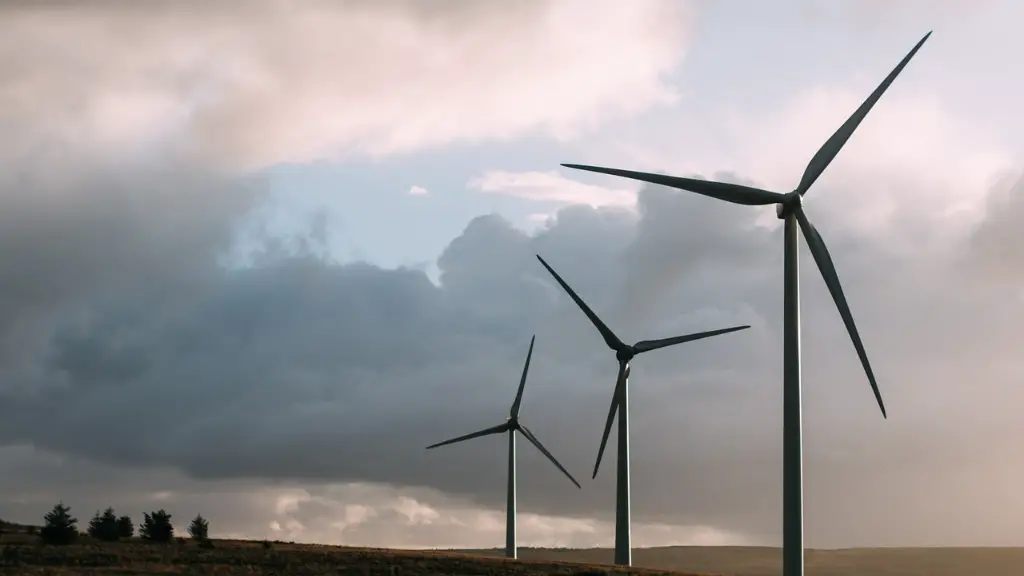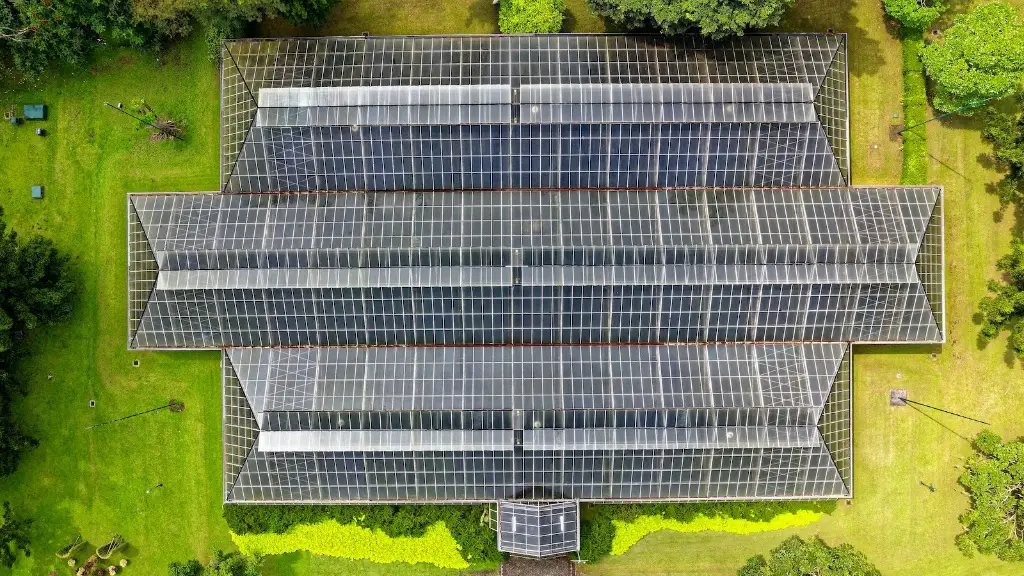Global warming and climate change are often used interchangeably and this can lead to some confusion for the public. It is important to understand the difference between the two, as they are closely related, but distinct phenomena. Global warming is the average surface temperature of the Earth, which has been rising over centuries due to a combination of natural and human-induced process. The key factor driving global warming is increasing concentration of greenhouse gases, such as carbon dioxide, methane, and nitrous oxide, in the atmosphere. This traps solar radiation from the sun and raises the global temperature, leading to extreme weather events, rising sea levels, and other ecological problems.
Climate change, on the other hand, is the long-term alteration of weather patterns over large geographical areas. It is driven by global warming but can include the possibility of altered rainfall and changes in average temperatures, as well as the formation of new deserts and heat waves, notably hotter than before. In some regions, climate change can result in increasingly extreme weather, drought, or increased flooding.
A large number of scientific studies have confirmed that climate change is going to become even more pronounced and that it will result in huge economic, social, and environmental costs. The World Bank estimates that climate change, if unabated, could put up to a hundred million people into extreme poverty by the year 2030. Furthermore, human health is also at risk due to the disruption of essential livelihoods and the spread of vector-borne diseases.
However, while global warming and climate change are both serious issues, the former has a more direct effect on our day-to-day lives. For example, the rise in global temperatures has resulted in the number of days with extreme heat rising throughout the world. Moreover, in Arctic latitudes – where the effects of global warming are most pronounced – the melting of permafrost has caused widespread ecological damage, such as the release of ancient methane gas and the destruction of sea ice habitats.
In order to address global warming and climate change, we must take steps to reduce greenhouse gas emissions, such as switching to renewable energy sources. Governments, citizens, and businesses must all work together to implement policies that will promote a green economy, such as the development of sustainable practices and introducing legislation that limits the amount of carbon being released into the atmosphere. Additionally, it is important to increase our ecological awareness and work to reduce our carbon footprints.
It is crucial to start addressing global warming and climate change now, to avoid facing the full extent of its consequences later. If we take the necessary steps to reduce our environmental impact, we can prevent the global temperature from rising further. Only by working together can we ensure the safety and preservation of our planet and its resources.

